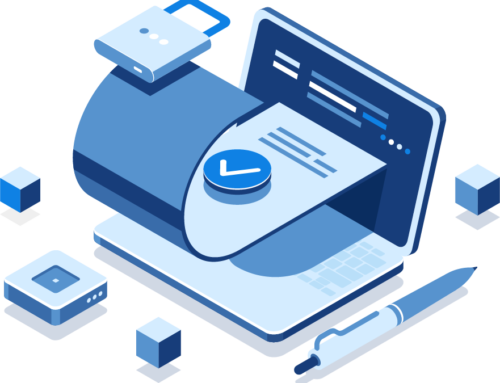While most adults have at least a basic understanding of the Internet, the fact is that we view it differently than our children. While most of us can remember a time when there was no internet (or at least a time before the Internet was as ubiquitous as it is now), for most young people aged 21 or younger, the Internet has always been here. But even if they know the Internet better than you do, it’s still important to understand how your children use it and why.
Internet Accessibility Among Children
Home internet access has become far more widespread over the past decade, though it is not evenly distributed. In 2018, the American Community Survey (ACS) roughly 94% of all children from ages 3 to 18 were found to have home internet access. However, access to the Internet is more readily available to children from higher income households: in 2015 it was found that 57% of households that made less than $15,000 annually had internet access, compared with 91% of households earning $75,000 or more annually. Additionally, not all children who have access to the Internet use it regularly, though the number who do so gradually increases with age. Approximately 71% of children aged 12 to 17 use the Internet from home, compared to 41% of children aged 3 to 5.
As for how children access the Internet, 88% of kids with home internet access do so through a computer, though it is unlikely that this is their only way of getting online. After all, the vast majority of American teenagers have access to smartphones, giving them the ability to hop online virtually anywhere. There are also other laptops, tablets, and other mobile devices that are readily available, making getting online easier than ever before.
Why Some Children Don’t Use the Internet
According to the ACS, 6% of children across the United States do not have internet access at home. The reasons for this vary, but the most common are a general lack of interest (43%) or that internet access is too expensive (34%). Other reasons include lacking a computer (or one that is adequate for online usage), a lack of internet access in their area, or privacy or security issues. Still, the number of people who don’t use the internet generally skews towards older generations who didn’t grow up with, so as they grow older and have children of their own, the number of young people who use the Internet is only likely to increase.
How Kids Spend Their Time Online
As with adult internet users, there are many reasons that children use the internet. Most often, kids use the Internet for entertainment, educational, and social purposes. They spend most of their time online playing games, watching YouTube or movies/TV from various streaming services, or chatting with friends on social media. They’ll also often go online for school-related purposes, whether they are accessing the school’s website/web portal or simply doing research for an assignment. What children around the world love about the Internet is the freedom that it offers to learn or share what they’re interested in, along with its ability to help them keep in touch with people.
Reasons To Be Cautious
It’s hard to deny that the Internet has tremendous value and is often a necessity in our daily lives. This is no less true of children, as it is often one of their primary sources for entertainment, social interaction, and reliable information. However, there are numerous reasons to be concerned about the time children spend online. Just a few of the potential risks of too much time online include:
- Access to adult content, including pornography
- Access to misleading information that promotes hatred or violence
- Exposure to intense and misleading advertising
- Exposure to online scammers who try to steal personal or household information
- Exposure to online predators
- Exposure to cyber bullying and harassment
- Increased feelings of isolation and loneliness
- Lost time for developing real life social skills
- Lost time for exercise and physical activity
Of course, children often cannot afford to not have Internet access, and when so many of their peers are online, it simply isn’t feasible to cut them off from it altogether. However, too many parents have a “hands off” approach to their children’s internet usage: a Microsoft survey found that eight years old is the average age that parents allows independent Internet and device use, and while it is understandable to want to give children a degree of freedom, this type of thinking is a big part of why children are at such risk online.
Even if you aren’t the most tech savvy of adults, it is your responsibility to keep an eye on your children’s online activity and to teach them best practices for using the Internet. Of course, if you’re concerned about how your children are spending their time online and need some extra help, consider investing in our web filtering tools. We at Clean Internet pride ourselves for protecting people’s families as they work, learn, and have fun. You can learn more about our services on our website, or by contacting us by calling (219) 728-5030 or email us at support@cleaninter.net.





